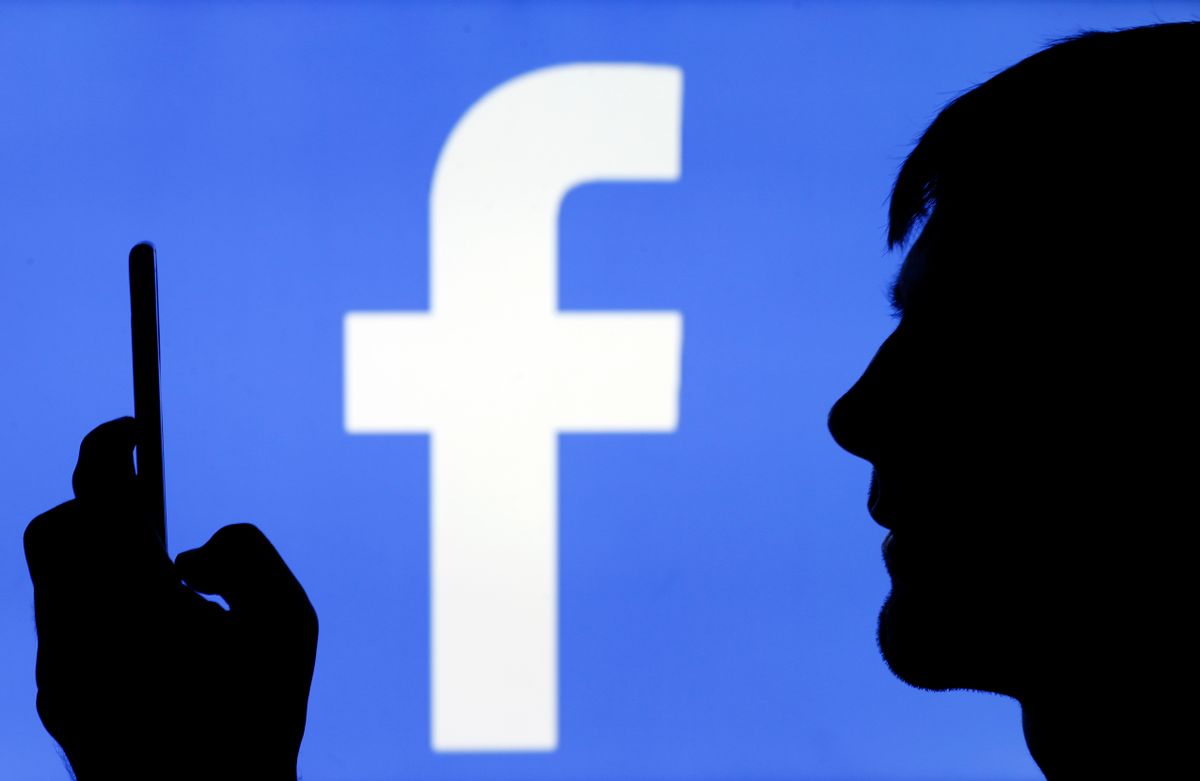This page is part of an ongoing effort by the Snopes newsroom to teach the public the ins and outs of online fact-checking and, as a result, strengthen people's media literacy skills. Misinformation is everyone’s problem. The more we can all get involved, the better job we can do combating it. Have a question about how we do what we do? Let us know.
We in the Snopes newsroom spend most of our working days on social media. There is, after all, no more plentiful source of coordinated and potentially dangerous misinformation campaigns.
We keep watch for one-off posts that show signs of going viral from average users, while giving special attention to content produced by institutions, corporations, celebrities, and influencers simply because of their wide reach online (big follower counts, history of strong engagement, etc.). We scan the content for a variety of characteristics or patterns that are often indicative of false or misleading information, and we cross-reference claims with reputable sources.
And within that multistep verification process, we consider the intent of proclamations by big-name accounts regarding cultural, social, or political issues.
For instance, when the month changes, and a new celebration of an historically marginalized group takes over (like Black History Month in February or Pride in June), we often see a flood of posts conspicuously noting the new observance.
When that happens, our fact-checkers take special care to try to determine those posts' intentions, and sometimes that includes measuring if, or to what extent, they could be "virtue signaling." According to Cambridge Dictionary, that's an attempt to show other people that "you are a good person, for example by expressing opinions that will be acceptable to them, especially on social media."
For that assessment, we consider the following:
- Does history align with the online persona? If, hypothetically speaking, female employees of a particular corporation have filed multiple lawsuits alleging gender discrimination on behalf of management, we would look very critically at any tweets from that employer promoting gender equality during Women's History Month, for example.
- Is there a monetary incentive? We inspect posts regarding cultural, social, or political issues for any indication that the statements are directly linked to the marketing of goods or services. That association automatically means the posts have goals beyond simply showing solidarity for a particular population or cause.
- Is the recognition actually self promotion? It's the difference between saying, "As a leader in (fill the blank regarding the Black-American experience) and our success in (fill in a similar blank), we celebrate Black History Month," and saying, "This month, we celebrate Black History Month." The observance should be the core of the message.
The phrase "virtue signaling" has appeared in corners of the internet since least 2004, as Boston Globe columnist Mark Peters explained, though it gained mainstream traction after The Spectator's James Bartholomew published a column in 2015 lamenting the alleged rise of virtue signaling. According to Bartholomew, offenders across the political spectrum advertise their virtuousness driven by "vanity and self-aggrandisement," and mild forms of so-called "virtue bidding wars" exist in our daily lives.
Notable perpetrators of virtue signaling — at least according to Effectiviology, a psychology and philosophy website — include some participants of 2014's ice bucket challenge (a social media campaign designed to raise money for ALS) who didn't actually make donations.
Or, in summer 2020, Instagram accounts that posted black squares with the tag #BlackoutTuesday to supposedly show solidarity against police brutality fell into the same category, by some people's standards. Critics of that campaign included writer Tirhakah Love, who said the "overt performativity reduces the power of [the campaign's] motivations."
As of early 2022, online users of various political or ideological affiliations were using the phrase liberally. A Twitter search of "virtue signaling" on a random day in January 2022, for example, uncovered numerous posts accusing people such as U.S. President Joe Biden, Canadian Prime Minister Justin Trudeau, and CNN's Jake Tapper of the form of moral posturing.
Let us note here: Some scholars in recent years have pushed back on the belief that virtue signaling is a type of wrongful "moral grandstanding." Rather, they argue displays of morality, no matter their intention, are unavoidable and propel important conversations — and/or the accusers are actually the ones erroneously claiming the virtuous high ground. Philosopher Neil Levy, of the Oxford Uehiro Centre for Practical Ethics and Macquarie University in Sydney, wrote for Aeon in 2019:
Ironically, accusing others of virtue signalling might itself constitute virtue signalling – just signalling to a different audience. Whether it should be counted as virtue signalling or not, the accusation does exactly what it accuses others of: it moves the focus from the target of the moral claim to the person making it. It can therefore be used to avoid addressing the moral claim made.

